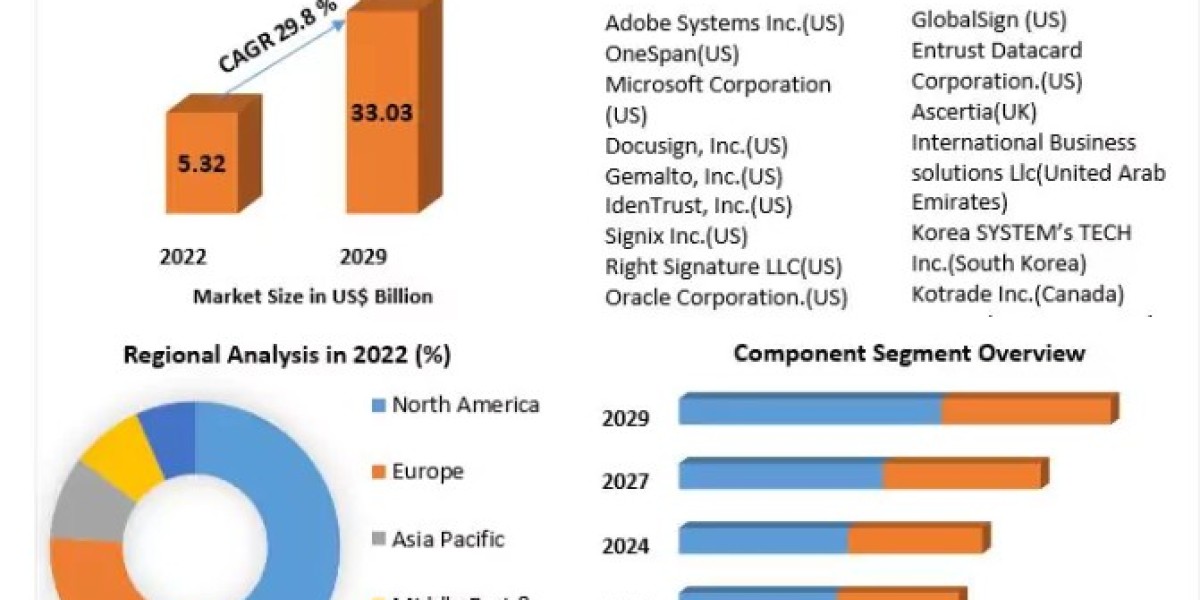This blog post delves into the crucial factors to weigh when choosing a database for your web application in 2024. It shines a light on popular options such as relational databases like MySQL and PostgreSQL, NoSQL databases like MongoDB and Cassandra, as well as newer entrants like FaunaDB and Amazon DynamoDB. Whether you're building a small-scale website or a complex web based applications, selecting the right database is paramount for performance, scalability, and data integrity.
- MySQL: Open-source relational database, good for beginners and structured data.
- PostgreSQL: Open-source relational database, powerful and versatile.
- Microsoft SQL Server: Commercial relational database, strong for complex applications.
- MongoDB: Open-source NoSQL database, flexible for unstructured data.
- Oracle: Commercial relational database, known for high performance.
- Redis: Open-source in-memory database, excellent for caching and real-time data.
- Cassandra: Open-source NoSQL database, ideal for handling massive datasets.
Finding the right database option for your web app development project is crucial for its scalability and success. With numerous options available, making the best choice can be daunting. In 2024, some widely-popular databases include MySQL, PostgreSQL, MongoDB, and Firebase. If you're seeking expert guidance and support for your web development endeavors, consider partnering with top-tier web development companies in India. These companies often offer a wealth of experience, technical expertise, and cost-effective solutions to help bring your project to life.
Key factors to consider when choosing a database:
- Data structure: Structured (relational), unstructured (NoSQL), or a mix.
- Data size and scalability: How much data do you need to store, and how will it grow?
- Performance requirements: How quickly do you need data retrieved and processed?
- Budget: Open-source vs. commercial licenses and support costs.
- Security: Data protection and access control needs.
- Development tools and expertise: Existing skills and preferred programming languages.
The choice depends on your specific needs.
- Simple web apps: NoSQL databases like MongoDB might be suitable.
- Large, complex applications: Relational databases like MySQL or PostgreSQL could be better.
When considering the cost of web app development, it typically ranges from $5,000 to $100,000 on average. However, this figure varies significantly based on factors such as the complexity of the web app's database, its features and functionalities, and the backend infrastructure required.
If you're looking for a more accurate estimate of your web database application's cost, utilizing a web app cost calculator can be incredibly helpful. To streamline this process, we've categorized the average costs of web application development based on various parameters. Need assistance from experienced web app developers to bring your vision to life? We've got you covered!
In conclusion, selecting the right database is crucial for your web application's success. Carefully evaluate your requirements and explore the strengths of each option before making a decision. If you need expert guidance in building your web application, consider partnering with one of the top web development companies. Their expertise and experience can help ensure that your project is executed efficiently and effectively.



